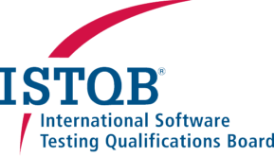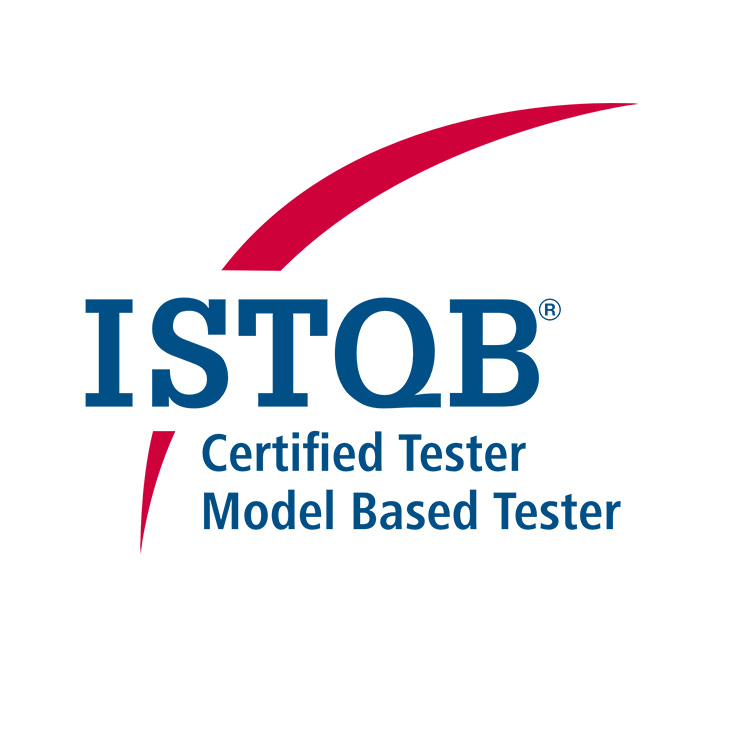Certified Tester Model-Based Tester (CT-MBT)
Overview
The ISTQB® Model-Based Testing (CT-MBT) certification focuses on an advanced test approach of using models for testing. It extends and supports classic test design techniques such as equivalence partitioning, boundary value analysis, decision table testing, state transition testing, and use case testing. It is an innovative approach to improve effectivity and efficiency of the test process.
Audience
The Model-Based Testing certification is aimed at testers, test analysts, technical test analysts, test managers, system and software developers, and architects. It is also beneficial for anyone who wants a deeper understanding of software testing and of the use of models for test generation, such as project managers, quality managers, product managers, business analysts, and business process experts.
To gain this certification, candidates must hold the Certified Tester Foundation Level certificate.
Content
ISTQB® Certified Tester – Model-Based Tester (CT-MBT)
Introduction to Model-Based Testing
Objectives and motivations for MBT
MBT Activities and Artifacts in the Fundamental Test Process
Integrating MBT into
the Software Development Lifecycle
MBT Modeling
MBT Modeling
Languages for MBT Models
Good Practices for MBT Modeling activities
Selection criteria for Test Case Generation
Classification of MBT Test Selection Critera
Applying Test Selection Criteria
MBT Test implementation and Execution
Specifics of MBT Test Implementation and
Execution
Activities of Test Adaptation in MBT
Evaluating and Deploying an MBT Approuch
Evaluate an MBT Deployment
Manage and Monitor the Deployment of an MBT
Approach
Exam Structure
- No. of Questions: 40
- Passing Score: 26
- Total Points: 40
- Exam Length (mins): 60 (+25% Non-Native Language)
Business Outcomes
This section lists the Business Outcomes expected of a candidate who has achieved the Foundation Level Model-Based Tester certification.
A Model-Based Tester can…
- Collaborate in a model-based testing team using standard terminology and established MBT concepts, processes and techniques;
- Apply and integrate model-based testing in a test process;
- Effectively create and maintain MBT models using established techniques and best practices of model-based testing;
- Select, create and maintain test artifacts from MBT models considering risk and value of the features tested;
- Support the organization to improve its quality assurance process to be more constructive and efficient.
In general, an ISTQB® Model-Based Tester has acquired the necessary skills to successfully contribute to MBT projects in a given context.
More Information
Training is available from Accredited Training Providers (classroom, virtual, and e-learning). We highly recommend attending accredited training as it ensures that an ISTQB® Member Board has assessed the materials for relevance and consistency against the syllabus.
Self-study, using the syllabus and recommended reading material, is also an option when preparing for the exam.
Holders of this certification may choose to proceed to other Core, Agile, or Specialist stream certifications.


